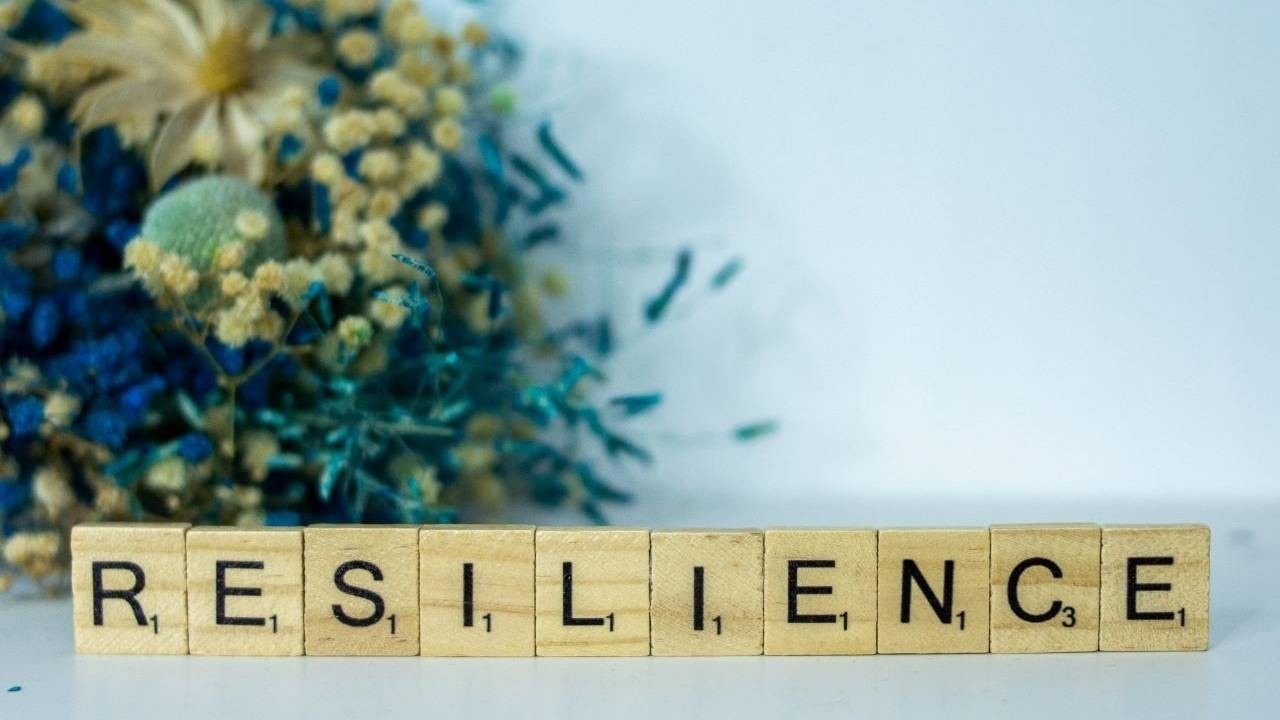What does resilience really mean & can we cultivate it?

Since Covid-19 hit the word resilience has become a societal buzz word.
When I began my journey with this content in 2013 I had a slight aversion to the word resilience. It sounded like being gritty or a type of toughness that I did not resonate with. I now teach how to cultivate resilience in self and in others and am amazed how often people feel the same. In fact, at one workshop a participant got up and shared his perspective. He said, “resilience is about being able to take the hits in life and still remain standing.” He then quoted Rocky Balboa:
“You, me, or nobody is gonna hit as hard as life. But it ain’t how hard you hit; it’s about how hard you can get hit and keep moving forward. How much you can take and keep moving forward.”
I couldn’t stop him from reciting the full quote. Clearly, he was inspired but also looked worn and desperate. I shared that his definition unfortunately is what may lead to burnout and is not how we understand resilience shows up. Other participants said things like their grandmother was resilient because she went through the war. We would call that survival instinct and thankfully all of us have that innately built in. Resilience does not necessarily develop through difficult situations or having the “sh-t beaten out of us”.
That leads to our opening question: what does resilience really mean, and can we cultivate it? A good place to start is with the dictionary. My hardcopy Webster states:
Resilience
[ri-zil-yuh-ns]
Noun:
The capacity to recover quickly from difficulties; toughness. The ability of a substance or object to spring back into shape; elasticity
Yes, resilience is the ability to recover quickly from adversities and a certain toughness. We like to take it further though. We teach that resilience is like having built-in shock absorbers in a car or bike. Let me explain. We do not control the bumps in the road, and often cannot even predict them. Covid, and I don’t mean the illness here but all that went along with it, is a great example. We did not see that BIG bump coming. However, some people were able to glide across the experience with seeming ease and grace. The road was not as bumpy for them as some others. I would postulate, they, with or without knowing it, had cultivated these shock absorbers. Now I can hear you arguing that it depends on a whole myriad of circumstances and yes, of course there are many variables to consider. However, some people seemed more “resilient” to the outer circumstances than others and upon examination it was usually because of their inner shock absorbers.
Another way of looking at resilience is as a fully charged battery. When adversity strikes, or when there is an onslaught of stress, you can handle it with more grace when you are fully charged and well-maintained. We all know when you are constantly “on” you get depleted. If something unexpected were to happen, you may have no reserve and can fall apart or burnout.
This leads us to the second part of our question: how do we cultivate resilience? How do we build the shock absorbers and charge our batteries? To answer, we turn to the American Psychological Association. They state:
“Resilience is NOT a trait that people either have or do not have. It involves behaviours, thoughts and actions that can be learned and developed in anyone.”
Thank you, American Psychological Association. That statement is huge. So much so, I need to repeat it: resilient individuals have behaviours, thoughts and take actions that make them resilient. It is not because they are lucky or born that way. It is not because they survived a tragedy or are more motivated to “suck it up”. It is because they have certain habits wired in their brains from repeated daily practice that make them resilient. This also means we can cultivate our resilience, and become stronger, happier, and healthier.
Once I learned this important fact, I went on a journey to discover these habits, behaviours, thoughts, and actions. What I discovered is often a disappointment to the analytical, critical mind. These habits and behaviours are not something out of a secret scroll. They are very basic, even common sense but …NOT common practice.
To learn more about the practices that contribute to our resilience and how to cultivate them in ourselves, our coaching clients and staff please consider joining our upcoming, ICF accredited, Certified Resilience Coach Program. Our 10th offering of the program starts in September.
Let’s cultivate a new way to be together. It is possible – and it is time.
Monica
Enhance Your Leadership and Coaching Skills at Our Upcoming Workshop
Join us for a transformative session this Friday, April 11, 2025, at 1:00 PM ET. Our free live workshop, “Resilience Coaching Essentials” offers practical strategies and tools for leaders and coaches dedicated to fostering resilience in the face of today’s challenges.
Learn how to guide your clients and teams through stress, prevent burnout, and build a thriving environment. Don’t miss this opportunity to develop essential skills that empower both you and those you support.
